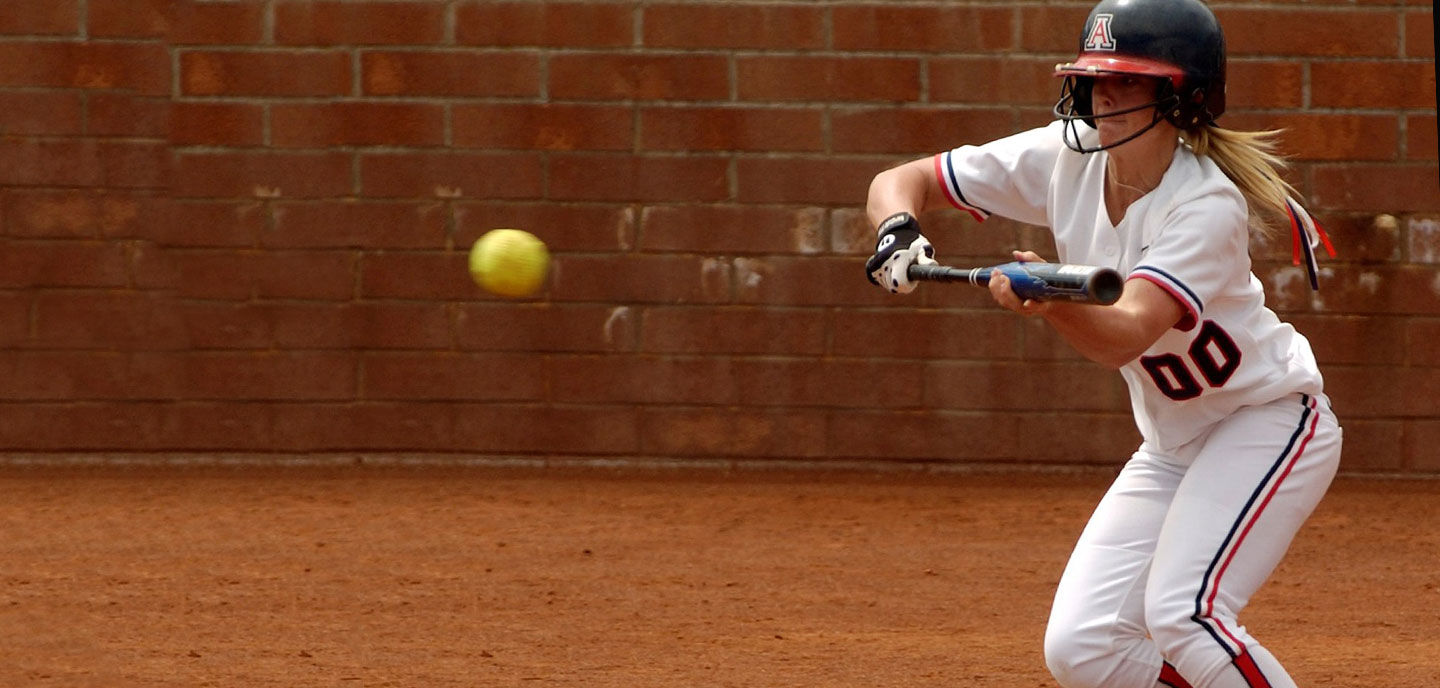I love watching a good tournament.
So this summer I renewed my interest in watching softball by taking in this year’s Women’s College World Series. Softball squads from conferences around the country tried to put themselves in position to succeed.
Ultimately it was the Oklahoma Sooners who came out on top after two hard-fought victories against the Auburn Tigers in a championship series for the ages.
I caught myself paying closer attention to how play-by-play announcer Beth Mowins along with veterans Jessica Mendoza, and Michele Smith were analyzing situational softball and it gave me a more meaningful perspective on how deliberate teams are on the diamond.
The eight teams who took to the field in Oklahoma City all had strength in their strategies whether it was having a high-powered offense running smoothly on all cylinders, playing with an aggressive defense, or having a roster of pitchers committed to making batters look downright silly by peppering the strike zone with punishing rise balls.
For a long time I thought being effective at the plate only meant earning base hits, getting the ball to glide inside the infield and tickle the foul line or hitting walk-off homers to close out the game. I mean, everyone loves the late game heroics of a grand slam blasted out of the ballpark, amirite?
But this postseason I’ve been intrigued by one play that seems secondary, yet so essential. It isn’t flashy, but it’s an important part of every team’s game plan.
Get our "Top Articles" sent to your inbox weekly.
It’s the sacrifice bunt.
I’ve seen it shape the outcome of several games. It’s subtle, yet so significant. The play has proven to be a game changer, but it also provided me with a powerful “ah-ha” moment.
Power Play
With the sacrifice bunt, the goal for the player at bat is to tap the ball on the infield just enough to move their teammates closer to home plate.
Sure, it’s ideal if the player gets on base before getting called out by the umpire, but the value of the play is the batter’s ability to advance runners on second and third base, increasing the chances of helping the team’s overall cause to come out victorious.
These bunters know their assignment and are intentional by putting that special touch on a ball just enough to put their teammates in scoring position. They know what it’s like to sacrifice their own chances of touching all the bases in order to benefit someone else’s ability to score.
All within one play, I was reminded of sacrifice in my own life.
It made me ask myself some hard questions:
What does sacrifice look like for me?
How intentional am I being in my relationships with others?
How can I become more selfless?
What am I willing to risk to help others?
In my own life, what am I willing to offer at the plate?
Giving Up to Gain
Batters make the sacrifice bunt look easy, but it isn’t effortless.
As a former athlete and current spectator, I know the execution on that play probably took hours of practice to perfect, taking into account intentional hand placement, proper positioning in the batter’s box, and mechanics.
Similar to the play, it has taken practice for me to appreciate the opportunities in my life to act sacrificially and frame it differently in my mind.
I’m constantly trying to train myself to think of sacrifice from a place of willingness rather than out of obligation, recognizing the redeeming quality in giving up selfish efforts to gain something greater (Matthew 6:20-21).
Practice makes the difference.
Understanding the ultimate sacrifice Jesus displayed in His life, death and resurrection provides me with an example of sacrificial love that gives me a blueprint to learn from daily (Romans 12:1-2).
The ways we sacrifice in our lives isn’t always flashy or noteworthy, but it’s the intent and the place of willingness we sacrifice from that shines through.
Sacrifice can take on a lot of forms. For me it means making space and time for others when there seemingly is none, being quick to listen and understand, making sure someone’s needs are met, and serving my community.
Sometimes sacrifice is simply one phone call, one smile, one kind gesture, one conversation, one raised voice, one hug, or one prayer.
I got all those lessons from one play. There’s no doubt it’s a game changer for me.














